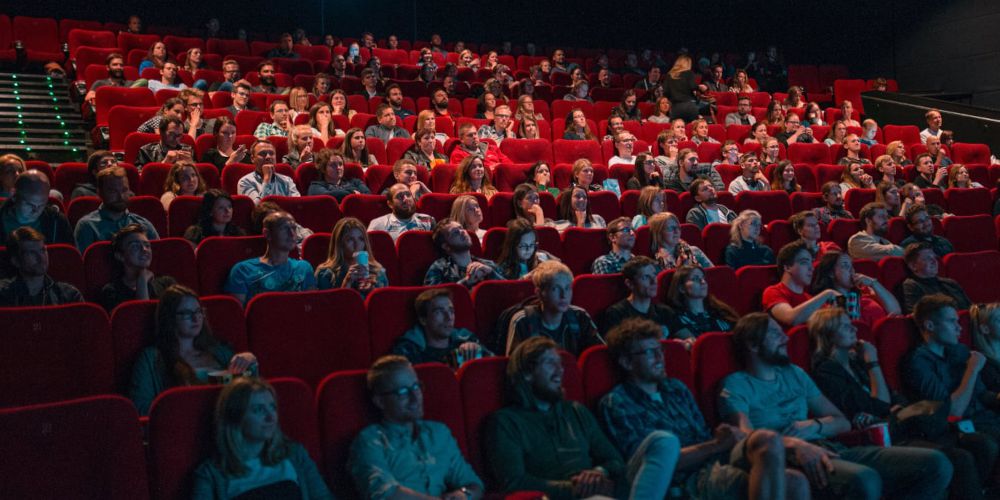Compared to many forms of media, movies aren't really that long. Video games, for example, routinely last 20 hours or more—and the occasional multiplayer gem can even provide thousands of hours of enjoyment. Books can take weeks to get through, depending on how fast a reader you are.
Movies are two, maybe three, hours of commitment.
The difference is that nobody expects you to play through an entire video game or read an entire book in a single sitting. It's possible, sure, but it's not the norm. So in that sense, movies require a much greater time investment than other forms of media—and movies aren't getting shorter.
It's Not Just Your Imagination
If you feel like movies have been getting longer, it's not just you: movies are getting longer.
While most of us tend to think of the average movie length as roughly 90 minutes, some recent blockbusters—especially entries in the Marvel Cinematic Universe—are getting close to, or even exceeding, double that length.
There have been "long movies" for nearly as long as there have been movies, but they've been few and far between. For every Titanic or Ben-Hur, there have been hundreds of shorter films like Office Space, Toy Story, and Zombieland.
And yet, the trend points to a seeming return to an era of heavier sit-throughs. Part of this is due to growing budgets, which release movie producers from the need to keep films short strictly for financial reasons. Another part is that, well, studios keep making longer movies and people keep paying good money to watch them.
Is It About Perceived Value?
We tend to look at the length of a movie as directly proportional to the substance. While we know instinctively that just because there's a lot of something, that doesn't mean any of it is actually good—quantity doesn't correlate to quality. But there's still a tendency to see higher numbers as better numbers.
There's also the growing price of movie tickets and rental fees. If we're paying the same amount for most movies, one might think that those prices are more reasonable for longer runtimes. You get more bang for the buck, so to speak.
But we tend to overlook the other side of the coin: if a movie isn't good, the time we spend watching it is time wasted. This means we're actually getting less for the same price if we waste more of our time on a sub-par movie.
Maybe It's Just Me
It's clear from how well longer movies are doing that plenty of people simply enjoy longer movies. There will always be folks like me who complain about the growing runtimes of movies, and there will be even more folks who watch those same films in droves.
Some of the highest-grossing movies of 2020 are startlingly long:
Bad Boys for Life, the biggest movie of the year, clocks in at 124 minutes, and that's short compared to some of the others.
Star Wars: The Rise of Skywalker runs 142 minutes, while Little Women runs 135 minutes.
Christopher Nolan's high-profile Tenet runs 150 minutes.
If you like a movie, you might look past its length, even if it's too long. As for myself? I enjoyed Star Wars: The Rise of Skywalker, but I found the running time a little long for my liking. And despite enjoying some of Nolan's films, the length of Tenet has me wondering if I'll ever even see it.
Does It Even Matter Now?
When you see a movie in a theater, the length really matters, as you're stuck in the theaters until it's over unless you want to miss the ending. When you're watching a movie in your own home, the length doesn't matter as much. You can always pause the movie or even stop it and pick it back up the following day.
With the current situation, people aren't seeing movies in theaters nearly as much as they used to. Some people miss theaters, but others are realizing they prefer watching new releases at home. With this being the case, the length of movies really doesn't matter much, does it?
